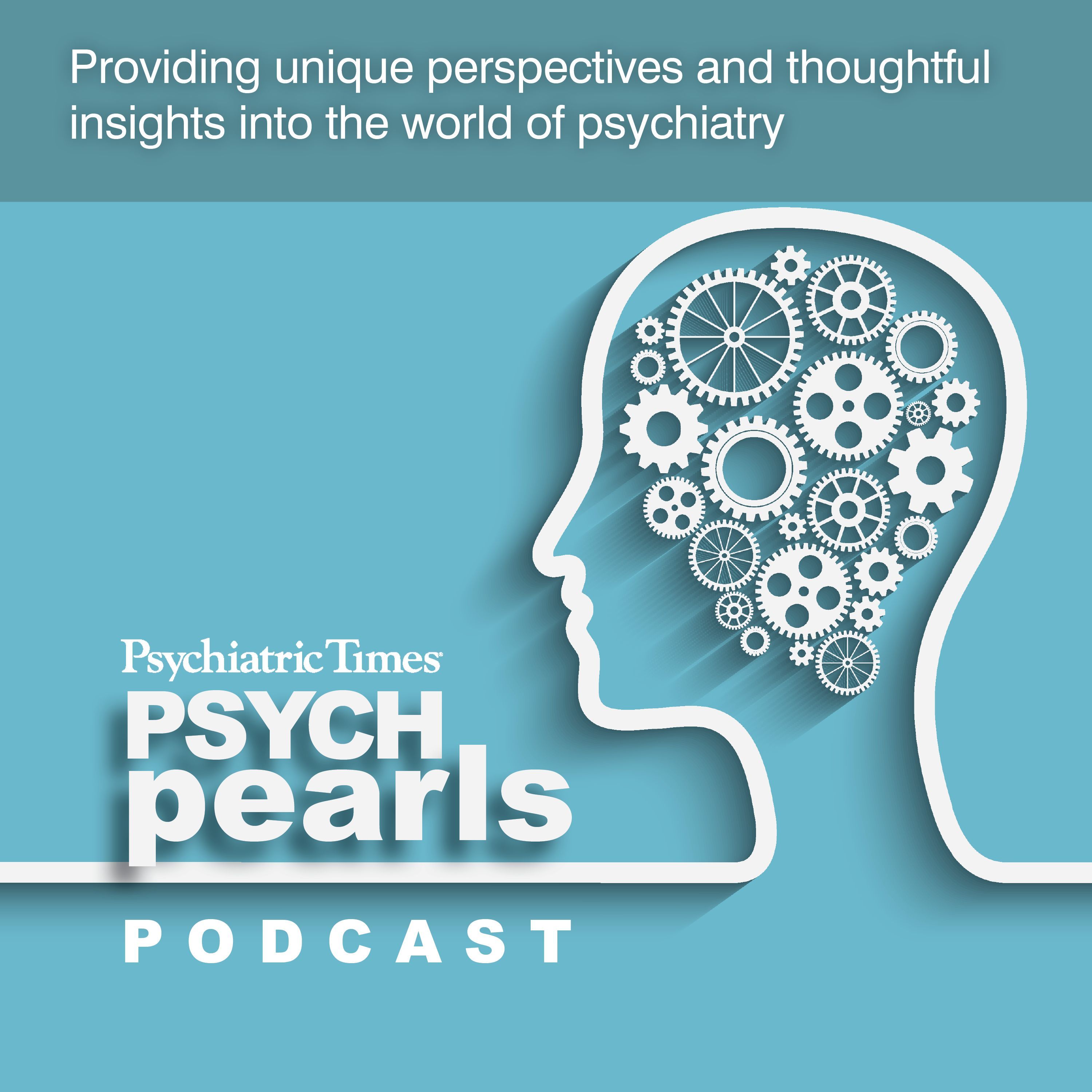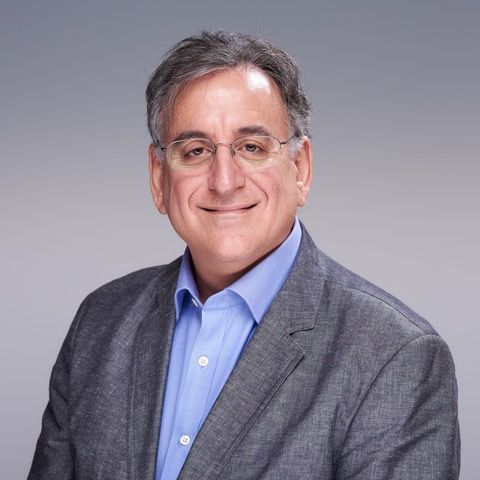Blog
Article
My Mental Health Political Monitor: Don’t Say “Crazy”!
Author(s):
It's never appropriate for people in power to use the term "crazy."
PSYCHIATRIC VIEWS ON THE DAILY NEWS
erceha/Adobestock

Over, the past weekend, even before President Joe Biden resigned from the nomination process, the following came from the Republican camp about Vice President Kamala Harris:
“She is crazy. You know, you can tell a lot by a laugh. No, she’s crazy, she’s nuts.”
Sounds like a psychiatric psychodynamic interpretation about a laugh, no? But it’s not by a psychiatrist, perhaps because of our Goldwater Rule of not to assess a public figure publicly. However, explaining about laughter per se, would be fine for us. The same is true about using the word crazy, which will be the focus today.
When my grandchildren were young and any of them used the word crazy, I told them why I thought it wasn’t a good word to use: It is a slang word, at least at times, for those with mental illness, and makes fun of them. They seemed to understand, or at least stopped saying the word in my presence!
The word may relate to many other things, including a person’s projection of their own fear of being crazy onto others. Sometimes it’s used in love, like "crazy in love." Like other stigmatizing words, it is more acceptable when those with mental illness make a conscious decision to own and use it. Similar concerns are for such related stigmatizing words as lunatic or nuts, and maybe even mad. The rest of us can and should use more appropriate and respectful alternative terms, should call out whenever stigmatizing terms are used inappropriately, and should educate the perpetrators and public about the terms whenever we have the opportunity.
Dr Moffic (he/himhis) is an award-winning psychiatrist who specialized in the cultural and ethical aspects of psychiatry, and is now in retirement and refirement as a private pro bono community psychiatrist. A prolific writer and speaker, he has done a weekday column titled “Psychiatric Views on the Daily News” and a weekly video, “Psychiatry & Society,” since the COVID-19 pandemic emerged. He was chosen to receive the 2024 Abraham Halpern Humanitarian Award from the American Association for Social Psychiatry. Previously, he received the Administrative Award in 2016 from the American Psychiatric Association, the one-time designation of being a Hero of Public Psychiatry from the Speaker of the Assembly of the APA in 2002, and the Exemplary Psychiatrist Award from the National Alliance for the Mentally Ill in 1991. He is an advocate and activist for mental health issues related to climate instability, physician burnout, and xenophobia. He is now editing the final book in a 4-volume series on religions and psychiatry for Springer: Islamophobia, anti-Semitism, Christianity, and now The Eastern Religions, and Spirituality. He serves on the Editorial Board of Psychiatric Times.
Newsletter
Receive trusted psychiatric news, expert analysis, and clinical insights — subscribe today to support your practice and your patients.






